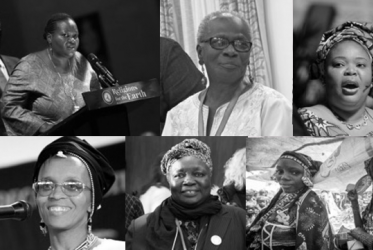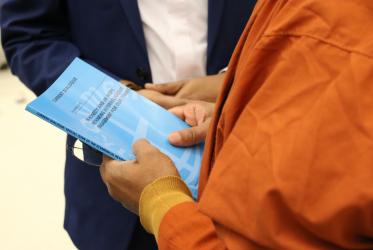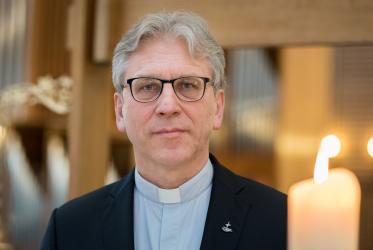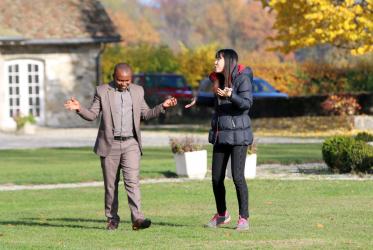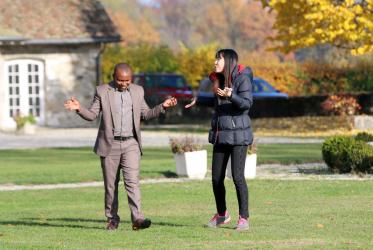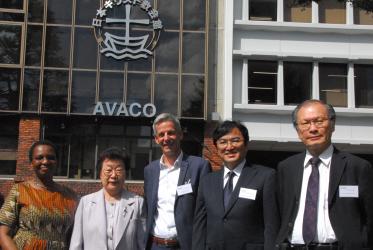Displaying 21 - 40 of 208
Brazilian churches call for transformative racial justice
23 November 2020
WCC executive committee maps future with hope in uncertain times
19 November 2020
Bossey students testimony
26 June 2020
South Sudan Church leaders welcome new cabinet
15 March 2020
Festivities and dialogue launch new WCC journal
07 February 2020
Kenya mourns the late Prof. Samuel John Mbiti
08 October 2019
In Korea, young ‘stewards of hope’ forge ahead together
19 September 2019
In Japan, theologians reflect on today’s global manifestations of racism
18 September 2019


